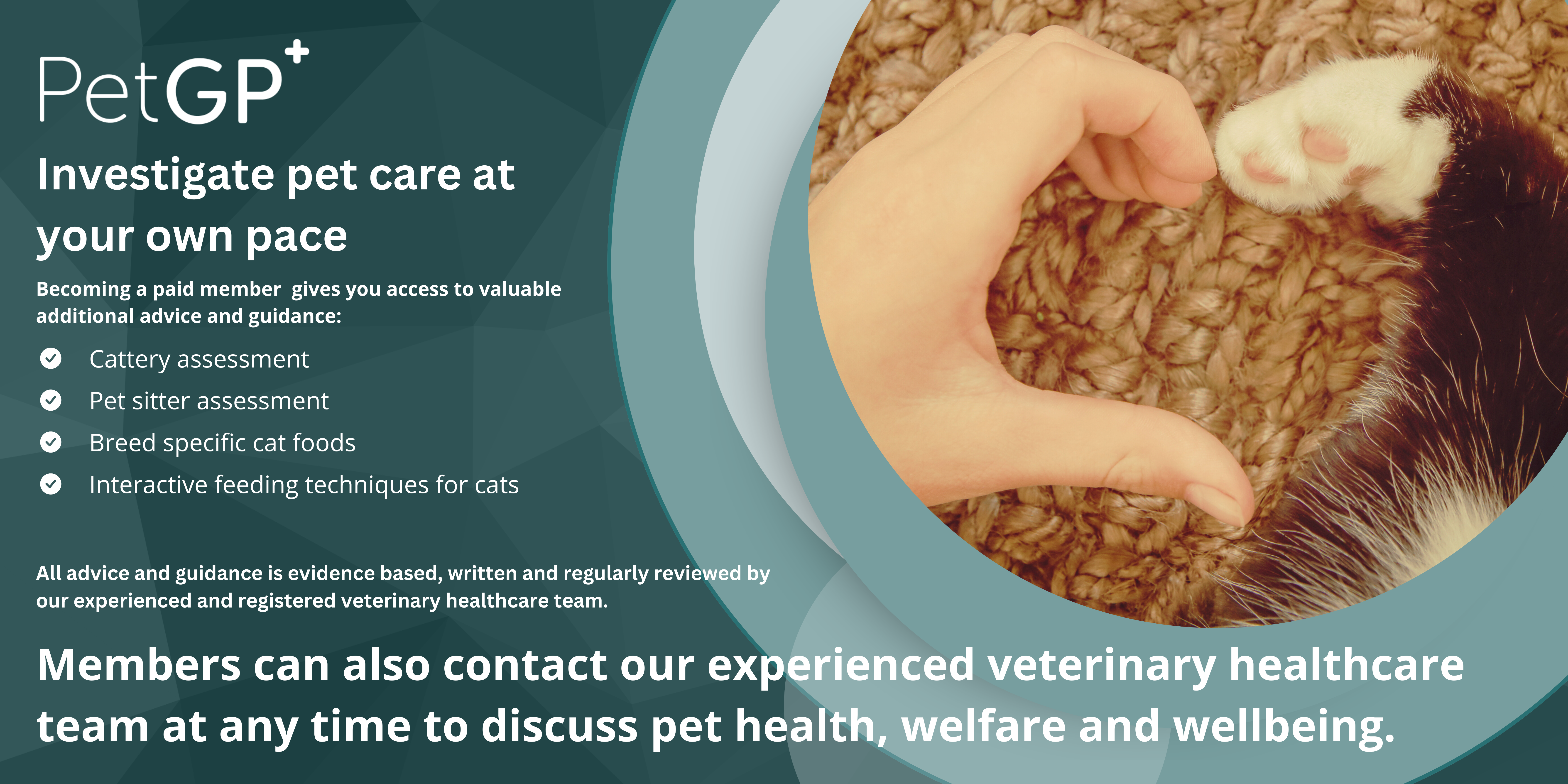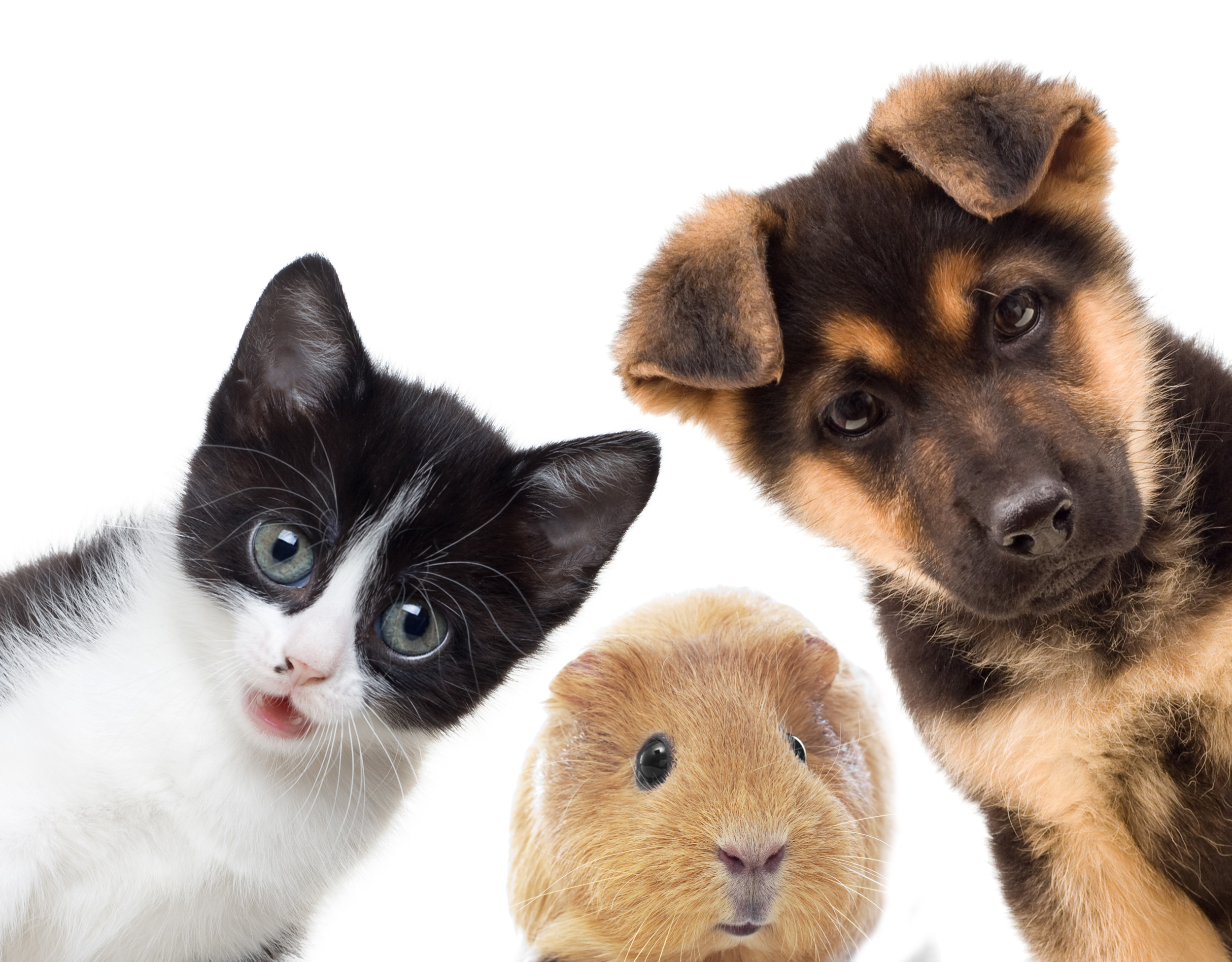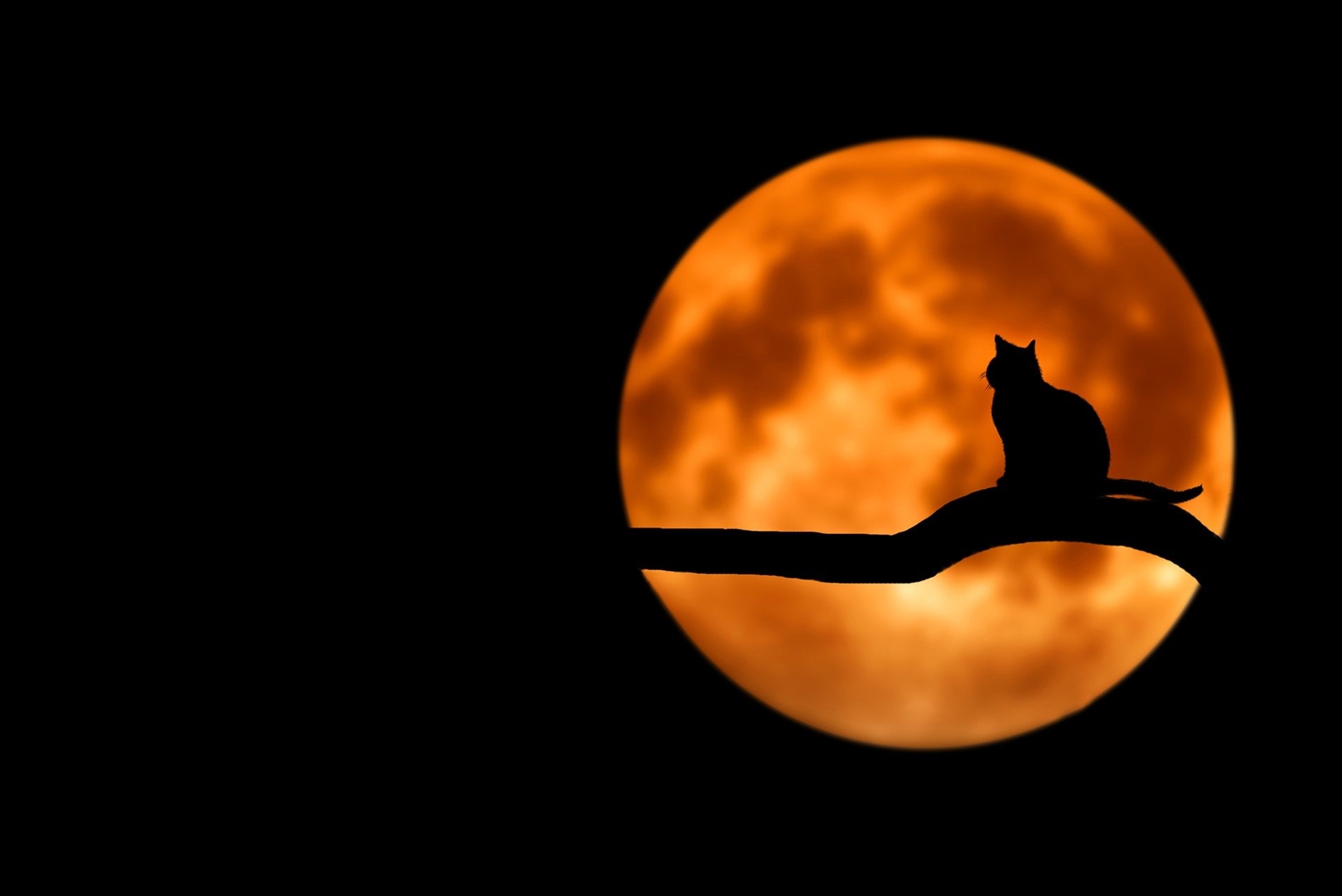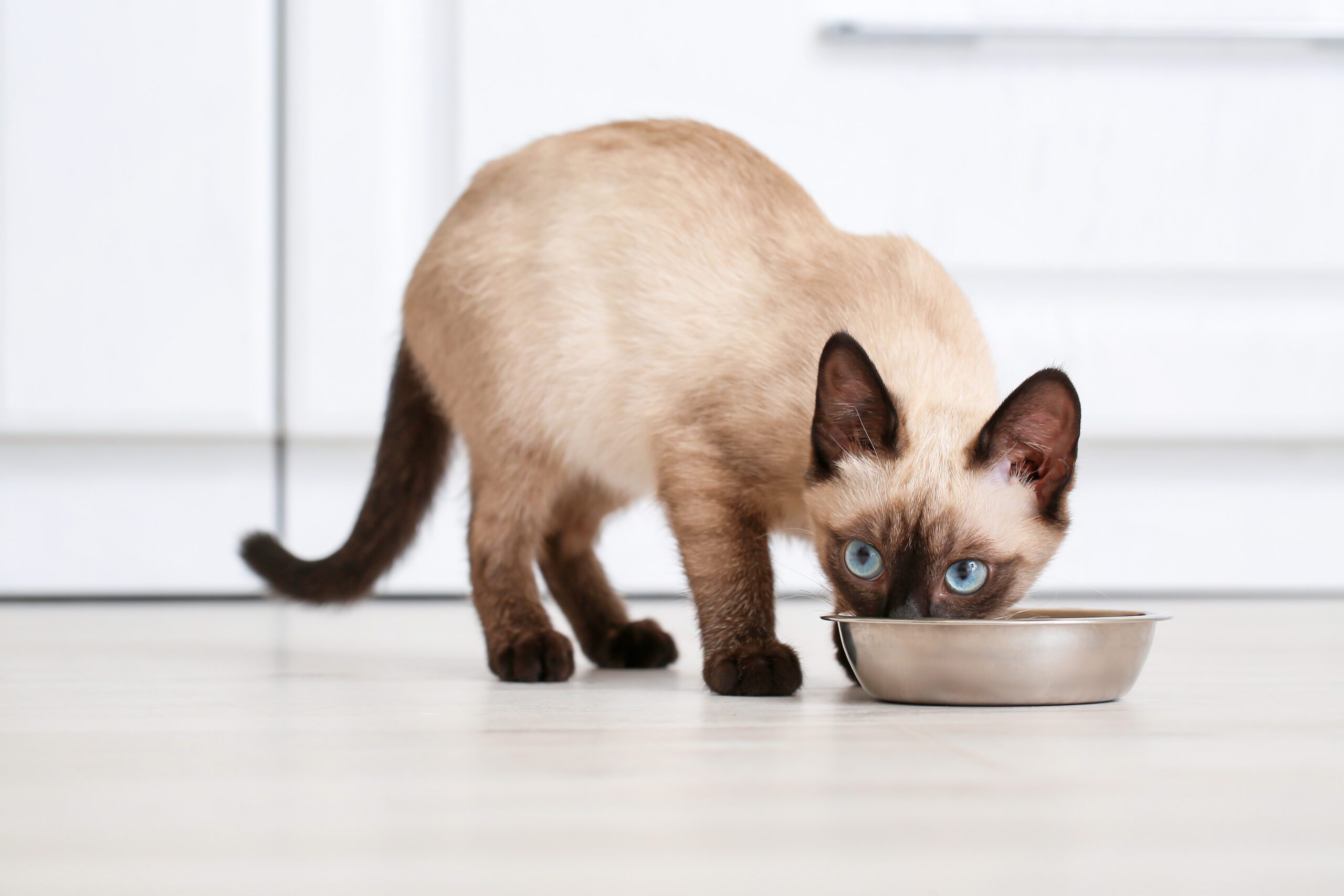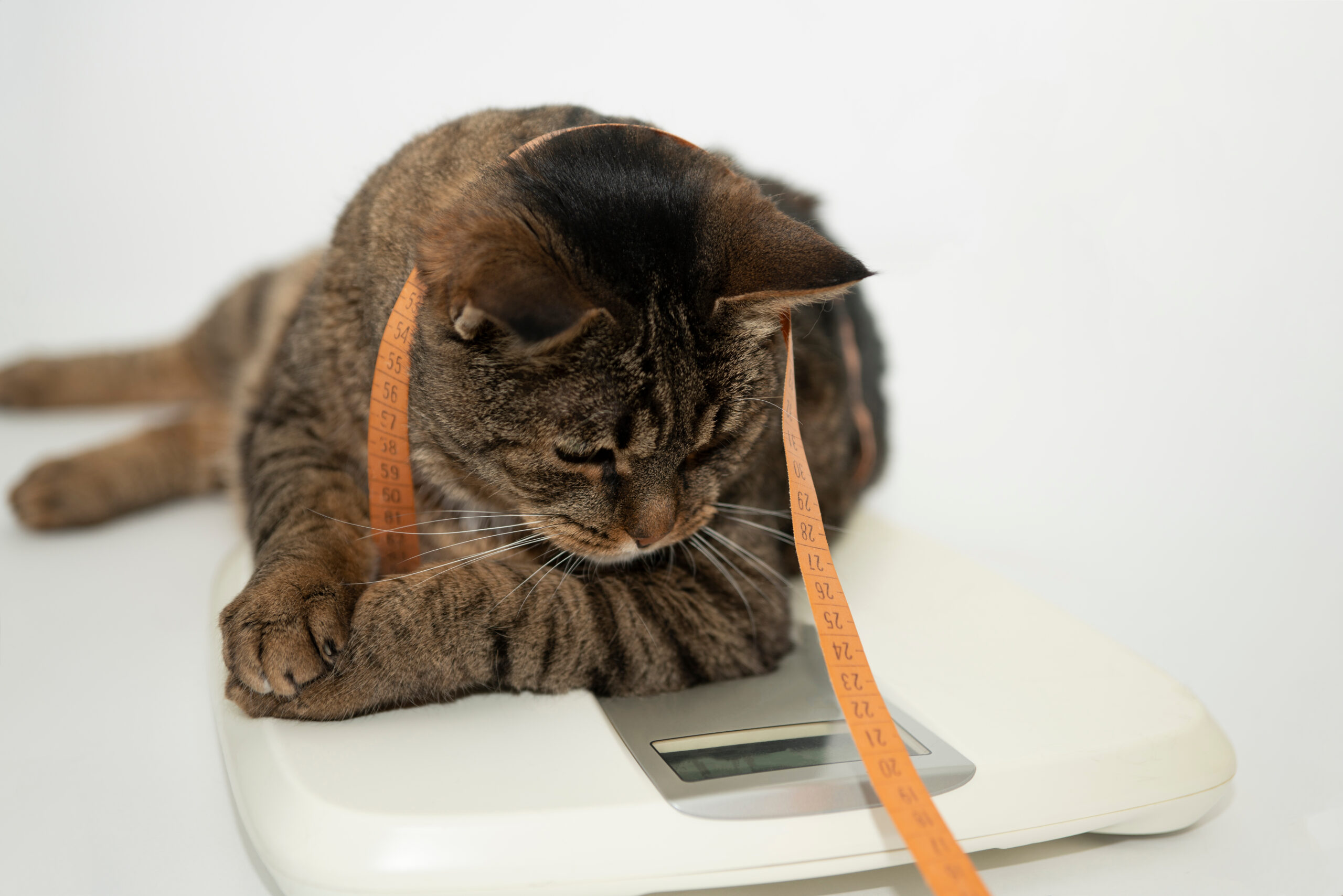Cat Loss of Appetite.
Cats and kittens are well known to be less food orientated than dogs. They can be fussy or picky eaters. A brief loss of appetite may be normal for your cat. When they are not eating at all, it is a more serious cause for concern.
If your cat has a loss of appetite (anorexia) this can be a clinical sign of many health problems. For example, dental disease, mouth injury or anxiety and stress. It may or may not mean your cat is experiencing ill health.
Not eating or loss of appetite is a very broad clinical sign. Cats can be categorised as those that can’t eat, and those that won’t eat. Symptoms can vary and may indicate that your cat is experiencing pain.
Different steps should be taken depending if your cat is not hungry, vomiting, or has an injury. More urgent Veterinary attention is required if your cat is also not drinking.
This guide is written by a qualified and registered Veterinary Nurse. It contains information and advice to help when you are asking the question – why is my cat not eating?
Presenting Signs
Presenting signs that may appear in cats or kittens with a lack of appetite can vary from cat to cat but they may include the following:
- Inappetence or not eating – where your cat shows no interest in food
- Not hungry – your cat may nibble and be tempted by cat food, or a favourite treat but doesn't eat well
- Lack of interest in a particular food – your cat may eat meat or soft food but not harder types like biscuits
- Vomiting – this may or not also be present
- Pain – your cat may want to eat, but is in pain. This becomes evident when they try to eat, or the feeling of pain elsewhere can be putting them off eating
Common Causes for loss of appetite in cats and kittens
Cats that can’t eat
- Trauma to the face or jaw. For example a fractured mandible (lower jaw)
- Gastrointestinal disease – Vomiting, Irritable bowel disease, food allergies
- Pain in mouth – Dental disease, broken tooth, lesions or sore mouth.
Why cats won’t eat
- Diabetes
- Kidney disease
- Pancreatitis
- Fever
- Mental or psychological health issues
- Stress
- New arrival / moving house
- A change in cat food / diet / meat or brand
Cats with a loss of appetite may have other associated symptoms.
Dental disease may present signs including favouring a soft food over biscuits or eating more to one side of the mouth than the other, if one side is particularly sore.
Gastrointestinal problems like irritable bowel disease, may present with vomiting and diarrhoea as well as loss of appetite. Other diseases may present with your cat not feeling hungry but no vomiting will occur.
Stress of any kind including a new arrival or a change of environment, may be difficult to distinguish as cats are very clever at hiding when they are anxious. It is important that any other medical causes are ruled out before a diagnosis of stress is given.
Something simple like a new neighbourhood cat moving in on the road can be enough to make your cat feel uneasy and stop eating.
Whatever may be causing your cats loss of appetite, not eating can have an impact on your cat’s health even after as little as 24 hours.
For a kitten; especially younger than 6 weeks old, food avoidance for just 12 hours can be damaging.
